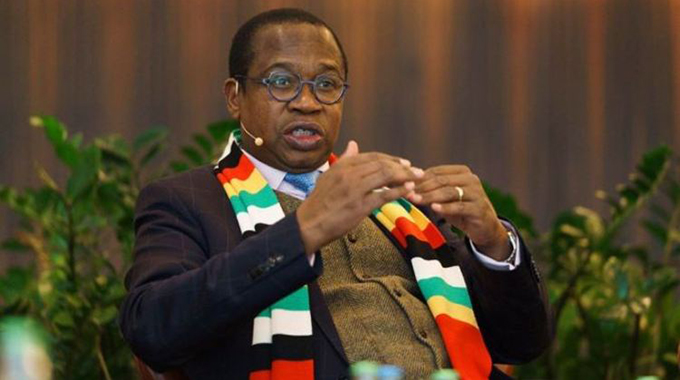Lack of funding stalls IPPs

Ishemunyoro Chingwere Business Reporter
LACK of funding has stalled investment into power production by private sector players with most Independent Power Producer (IPP) licence holders struggling to secure capital to start their projects, the Zimbabwe Energy Regulatory Authority (Zera) has said.
The energy regulator has to date issued a total of 71 licences but only 15 of the proposed projects are now producing and only churning out a tiny fraction of the potential of all the approved projects.
A total 11 of the 15 are feeding a measly 36,28 MW into the national grid while the other four are producing for personal use.
IPPs are meant to draw private capital into power generation and augment what is coming from State power utility — Zesa — to alleviate the country’s crippling power deficit that has resulted in imports from South Africa and Mozambique.
However, the imports have still not managed to deal with the crippling load shedding, which has this year severely affected both the productive and manufacturing sectors of the economy, due to limited availability of foreign currency.
In emailed responses to questions sent by this publication, Zera acting chief executive officer Engineer Edington Mazambani said power projects are capital intensive hence the lack of implementation due to lack of funding.
He said in line with the terms and conditions of the issued licences, the holders have been submitting their quarterly reports to the regulator.
Analysts, however, also say that Zimbabwe’s unattractive power tariff model puts off investors.
They say that the current power tariff model does not give investors’ confidence that they will be able to recover their investment since the rates largely appear sub-economic compared to other more attractive regional jurisdictions.
“To date, the authority has licensed 71 Independent Power Producers,” said Engineer Mazambani. “ . . . of these, 11 are generating and feeding directly into the grid about 36,28 MW while four IPPs are generating for own use and feeding excess into the grid.
“The main challenge has been access to finance. Investment in the power sector requires huge sums hence the IPPs are yet to secure firm funding for their projects.
“Part of the conditions of the licence include submissions of quarterly reports to the regulator and the IPPs have been diligently submitting their quarterly progress reports.
“An IPP is obliged to adhere to licence conditions, failure of which will lead to cancellation of the licence in terms of Section 51 of the Electricity Act [Chapter 13:19],” he said.
Eng Mazambani could, however, not explain why companies apply for licences they know they have little to no capacity to mobilise the requisite financial resources since the area is capital intensive.
However, at least seven of those who had been issued licences have since failed to adhere to terms and conditions of the licences and had their licences cancelled and the authority said it will not hesitate to cancel more for those that breach terms.
Corruption has also been fingered among the reasons delaying the implementation of IPPs, with at least one investor going public to say they are yet to break the ground due to spanners being thrown in the works by some officials demanding bribes.
Matshela Energy, who were awarded a licence for a US$250 million 100MW solar project, alleges that some officials have tried to extort money from them to facilitate the progress of the project which they have steadfastly declined resulting in a six months’ delay.
Writing on microblogging site — Twitter — Matshela Energy’s Engineer Koko Matshela said, “Matshela Energy received a generation licence July 2019. Six months later, nothing has happened. Our plan was to break ground in August 2019. So many people have tried to extort money from me and I refused, it is a shame.”











Comments